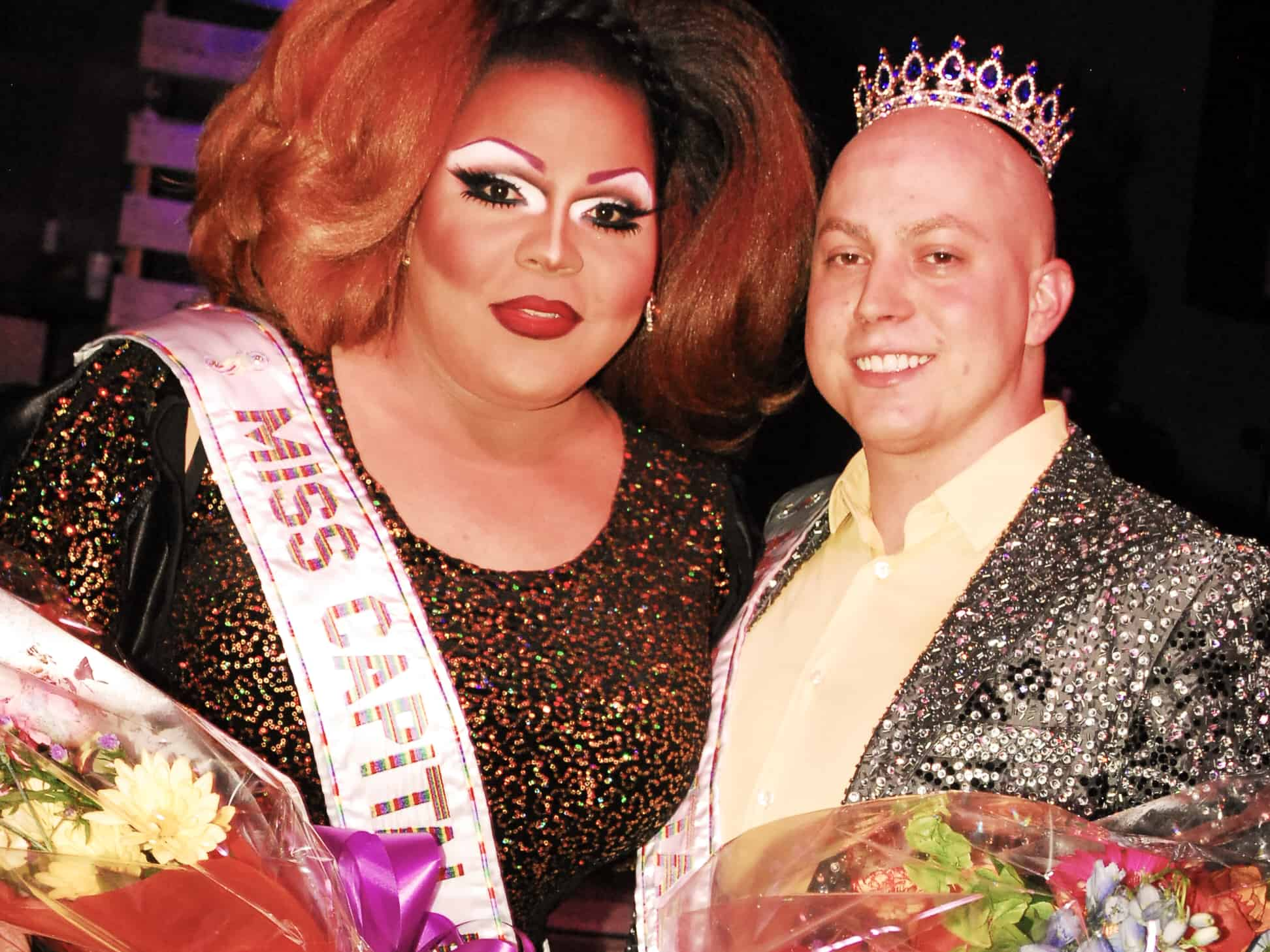Transgender fire chief of Georgia city claims her firing was a form of discrimination
Rachel Mosby claims she was let go after a decade on the job, but only after she decided to transition at work

The former fire chief of the city of Byron, Ga., has filed a lawsuit against the city, claiming she was fired because she is transgender.
Rachel Mosby led the Byron Fire Department as chief for more than a decade, from 2008 to 2018. At the start of 2017, she began transitioning.
Although she says people initially seemed accepting, she began experiencing difficulties in January 2018, when she came out publicly and began wearing a skirt instead of suits and ties.
Mosby claims city officials ordered her to start wearing a uniform instead of female clothes, and would often refer to her using male pronouns. When she fired a reserve firefighter who called the chief a slur to her face, the firefighter appealed and was reinstated by the city.
In June, she was fired, and due to a provision approved six months earlier by the city council, lost her right to appeal her termination.
In her lawsuit, Mosby claims she spent years growing the fire department, obtaining new equipment, and improving its rating, which insurers use to assess a community’s fire risk. Yet despite these positive changes, she was fired due to her sex, her gender identity, and sex stereotyping.
Mosby’s termination letter claimed she was being let go for failing to resolve a backlog of business licenses awaiting approval, for failing to attend enough classes at a recent fire chief’s conference, for wasting the city’s money, and failing to maintain certification as an arson investigator, reports the Associated Press.
See also: Lesbian firefighter’s sex discrimination lawsuit upheld by court
Mosby filed a complaint with the U.S. Equal Employment Opportunity Commission, which took no action, thus allowing her to bring a lawsuit against the city in federal court.
In addition to the sex discrimination and sex stereotyping claims, Mosby also claims she was discriminated against under the Americans with Disabilities Act, in that the work backlog cited in her termination letter was the result of doctor visits and physical therapy appointments to treat back and hip problems caused by a job-related injury.
Mayor Michael Chidester told the AP that he had not seen Mosby’s lawsuit, but denied that she was fired because of her transgender status or decision to transition on the job.
Mosby’s lawsuit is likely to be significantly impacted by two pending lawsuits regarding whether Title VII of the Civil Rights Act prohibits discrimination based on a person’s sexual orientation or gender identity. The U.S. Supreme Court heard cases on those issues on Oct. 8, and is expected to issue a decision soon.
If the court decides that LGBTQ people aren’t protected by Title VII, it will seriously impede the ability of people like Mosby, who believe they have been wrongly terminated, to seek redress, although her ADA claim would still be allowed to go forward. It will also force the hand of the EEOC, which has held since 2013 that anti-LGBTQ discrimination is a form of sex discrimination.
If however, the high court rules that anti-LGBTQ discrimination is covered by statutes outlawing sex discrimination, Mosby and other LGBTQ people could find it easier to regain their jobs, recoup back pay, or bring sanctions against employers who actively discriminate.
Read more:
Brazil’s President Bolsonaro accuses WHO of encouraging children to masturbate and be gay
ICE releases two gay Cuban asylum seekers living with HIV from detention amid COVID-19 pandemic
Support Metro Weekly’s Journalism
These are challenging times for news organizations. And yet it’s crucial we stay active and provide vital resources and information to both our local readers and the world. So won’t you please take a moment and consider supporting Metro Weekly with a membership? For as little as $5 a month, you can help ensure Metro Weekly magazine and MetroWeekly.com remain free, viable resources as we provide the best, most diverse, culturally-resonant LGBTQ coverage in both the D.C. region and around the world. Memberships come with exclusive perks and discounts, your own personal digital delivery of each week’s magazine (and an archive), access to our Member's Lounge when it launches this fall, and exclusive members-only items like Metro Weekly Membership Mugs and Tote Bags! Check out all our membership levels here and please join us today!



























